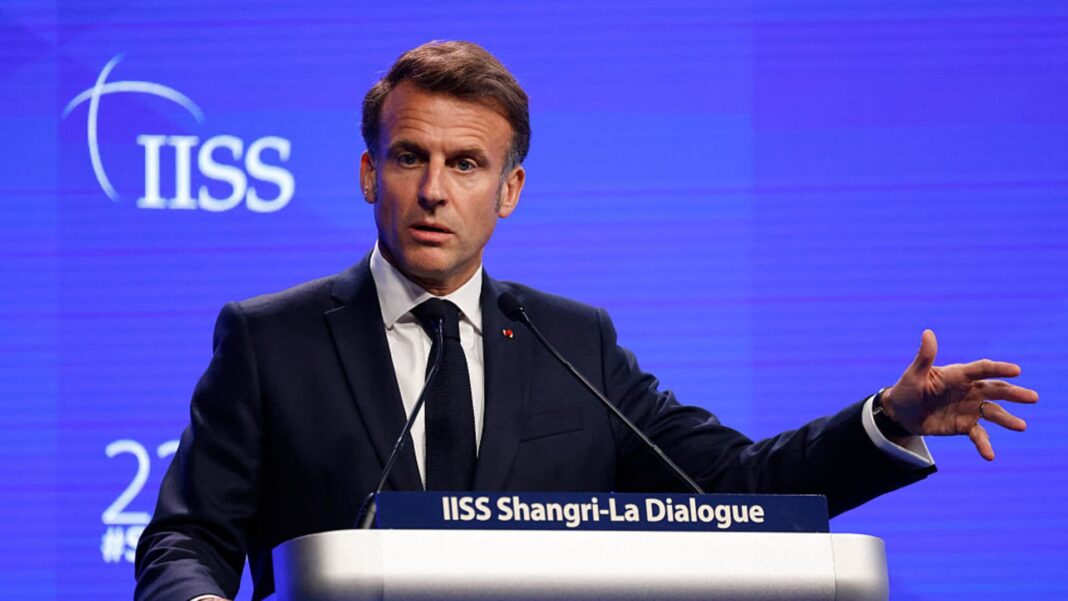Amazon’s CEO envisions an “agentic future” in which AI robots, or agents, replace humans working in the company’s offices.
In a memo to employees made public by Amazon on Tuesday, CEO Andy Jassy said he expects the company to reduce its corporate workforce in as soon as the next few years, as it leans more heavily on generative AI tools to help fulfill workplace duties.
“As we roll out more generative AI and agents, it should change the way our work is done,” Jassy stated. “We will need fewer people doing some of the jobs that are being done today, and more people doing other types of jobs.”
Jassy added that this move toward AI would eventually “reduce our total corporate workforce as we get efficiency gains from using AI extensively across the company.” With approximately 1.5 million employees worldwide, the e-commerce giant is the second largest private employer in the United States.
Reached for comment, an Amazon spokesperson deferred to the original memo.
Amazon shares dipped slightly on Tuesday, down 0.4% as of 3:45 p.m. EST.
Amazon investing “quite expansively” in AI
Amazon is “investing quite expansively” in generative AI technology, according to Jassy, adding that “the progress we are making is evident.”
“Many of these agents have yet to be built, but make no mistake, they’re coming, and coming fast,” the CEO stated in the memo.
Amazon ramped up its participation in the generative AI arms race with the release of the Amazon Echo smart speaker in 2014, its first product to include its virtual assistant Alexa. This February, the company announced it was unveiling Alexa+, a new version of the AI-powered voice assistant that’s “more conversational, smarter, personalized.”
AI features have since been incorporated across Amazon’s e-commerce websites through tools like “Buy for Me” which allow customers to ask a shopping assistant to buy an item for them and “Recommended Size” which predicts your clothing size based on past purchases. Amazon’s AI shopping assistant is used by tens of millions of customers, according to Jassy.
AI replaces creativity for some
In the Tuesday memo, Jassy sketched out a future in which AI agents are used to conduct tedious tasks, freeing up human workers to take on more creative roles.
“Agents will allow us to start almost everything from a more advanced starting point,” Jassy said. “We’ll be able to focus less on rote work and more on thinking strategically about how to improve customer experiences and invent new ones.”
However, this hard-pivot into AI has generated negative feedback from some white-collar employees at the company. Amazon software engineers interviewed recently by the New York Times describe an intensified work environment in which they are pushed to use AI to increase productivity and meet higher output goals, making their jobs “more routine, less thoughtful and, crucially, much faster paced.”
All told, Amazon currently has 1,000 generative AI services and applications either in the works or already built, a “small fraction” of what the company ultimately plans to build, said Jassy.
Jassy’s pledge to invest in AI comes after the company announced in May that it would cut 100 jobs in its devices and services unit, an Amazon spokesperson confirmed.


